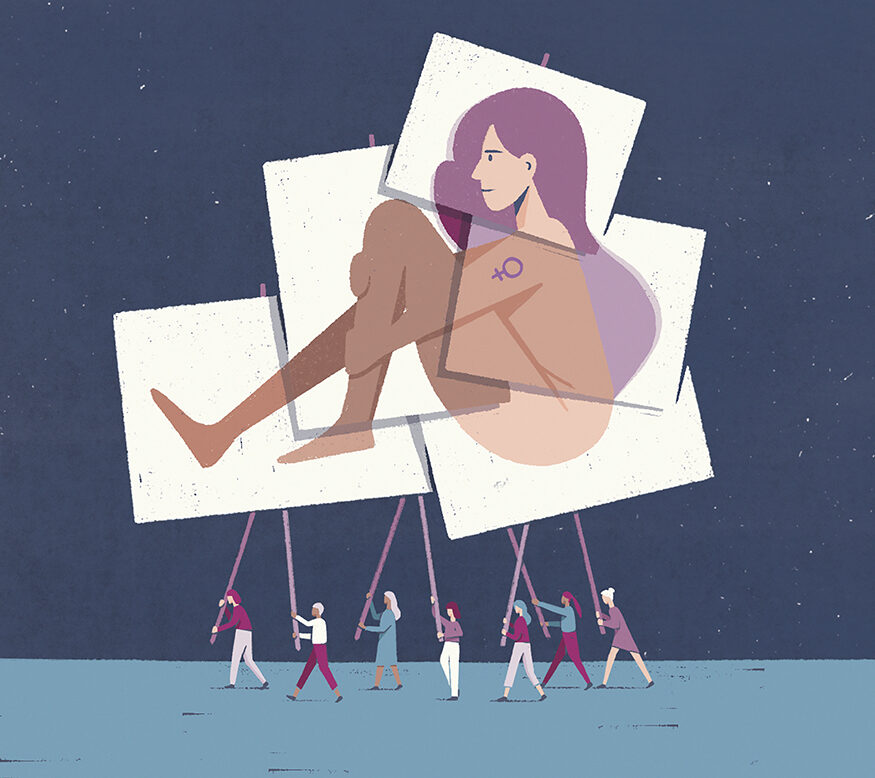
Women should be able to have sex like men do. That’s the premise, at least, of much millennial feminism: that women should be free to do whatever they like with their bodies, without being shamed or judged or held to some hypocritical double standard. From that flows the story of twenty-something female life we’ve come to see as standard; what Dolly Alderton, in her cult memoir and now major BBC series, Everything I Know About Love, fondly calls the “golden, grubby” years of drunken partying, messy one night stands and wrestling back the secret, needy longing for boys to really like you. But is all this freedom really as liberating as it sounds?
That’s the provocative question posed by Louise Perry’s The Case Against the Sexual Revolution, which tips a brisk bucket of cold water over what’s sometimes called “sex-positive” feminism, or the idea that anything goes between two consenting adults and that desire should not be policed. The trouble with this form of liberation, she argues, is that it has chiefly ended up liberating men.



